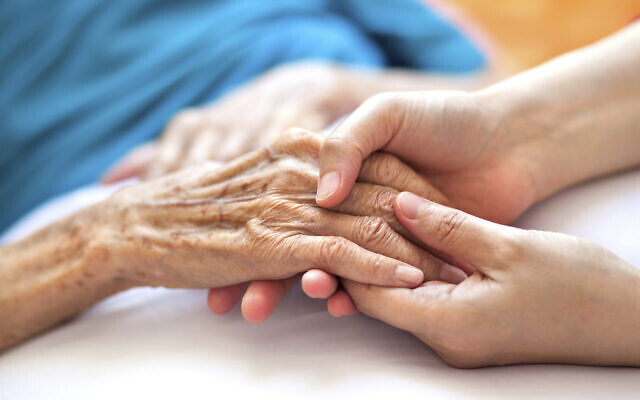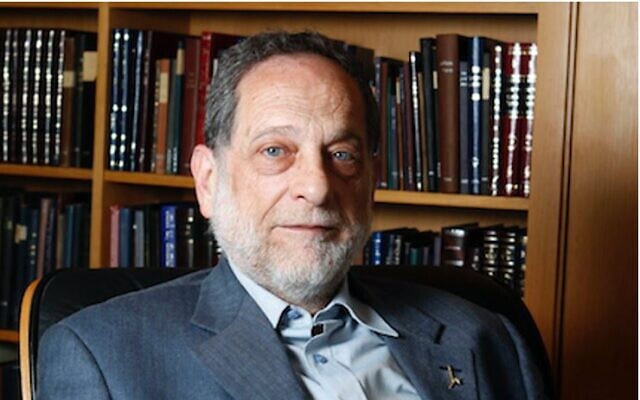
Hebrew University researchers say the BCG vaccine, also used to treat bladder cancer, may fight the sustained inflammation that is a feature of Alzheimer’s disease
By SHOSHANNA SOLOMON
A team of researchers at the Hebrew University of Jerusalem say they have found that a vaccine originally developed to fight tuberculosis and commonly used to treat bladder cancer may also be effective in preventing Alzheimer’s, a chronic neurodegenerative disease that causes memory loss, language problems and loss of the ability to function.
According to the Alzheimer’s Association, 5.8 million Americans are living with Alzheimer’s. By 2050 this number is projected to rise to nearly 14 million. At the moment, there is no cure or even treatment for the disease.
Now, say the researchers, “there may be a glimmer of hope,” according to a statement published Monday by the university.
The research team was headed by Hervé Bercovier, Charles Greenblatt and Benjamin Klein at Hebrew University’s Department of Microbiology and Molecular Genetics.

The scientists discovered that the bacillus Calmette-Guérin (BCG) vaccine, originally developed for tuberculosis and commonly used to treat bladder cancer, may also be effective in preventing Alzheimer’s. They published their findings in PLOS ONE.
“There’s data reaching back to the 1960s that shows that countries treating bladder cancer patients with the BCG vaccine had a lower prevalence of Alzheimer’s disease but it hadn’t been properly analyzed,” said lead author of the paper Bercovier in the statement.
So Bercovier and his team followed 1,371 bladder cancer patients receiving treatment at HU’s Hadassah Medical Center for at least a year after the diagnosis of the cancer. The age of the average patient age was 68. During follow-up visits, 65 cancer patients had developed Alzheimer’s. Those who had not received BCG as part of their treatment had a significantly higher risk of developing Alzheimer’s than did BCG-treated patients: 8.9% (44 patients) as opposed to 2.4% (21), the study found.
In addition, people general healthy population who had never been treated with BCG had a fourfold higher risk of developing Alzheimer’s than did those who were treated with BCG, the study showed.
Alzheimer’s is marked by three pathological features: an accumulation of amyloid ? (A?) plaques, neurofibrillary tangles (hyperphosphorylated tau protein) and a sustained innate neuroinflammation, the study said. Inflammation is a defense mechanism of the body that happens when the immune system recognizes damaged cells and begins the healing process. However, when inflammation persists longer than necessary, because of an overreaction of the immune system or for other reasons, this can cause harm, as is the case with Alzheimer’s.
The exact way the BCG vaccine affects cancer has not been deciphered but it is known to have an impact on the immune system, the researchers said in their study.
Thus, the BCG vaccine, which “modulates the immune system, may serve as an effective preventative treatment to this crippling condition,” said Bercovier in a phone interview. “Looks like BCG is able to reduce this inflammation.”